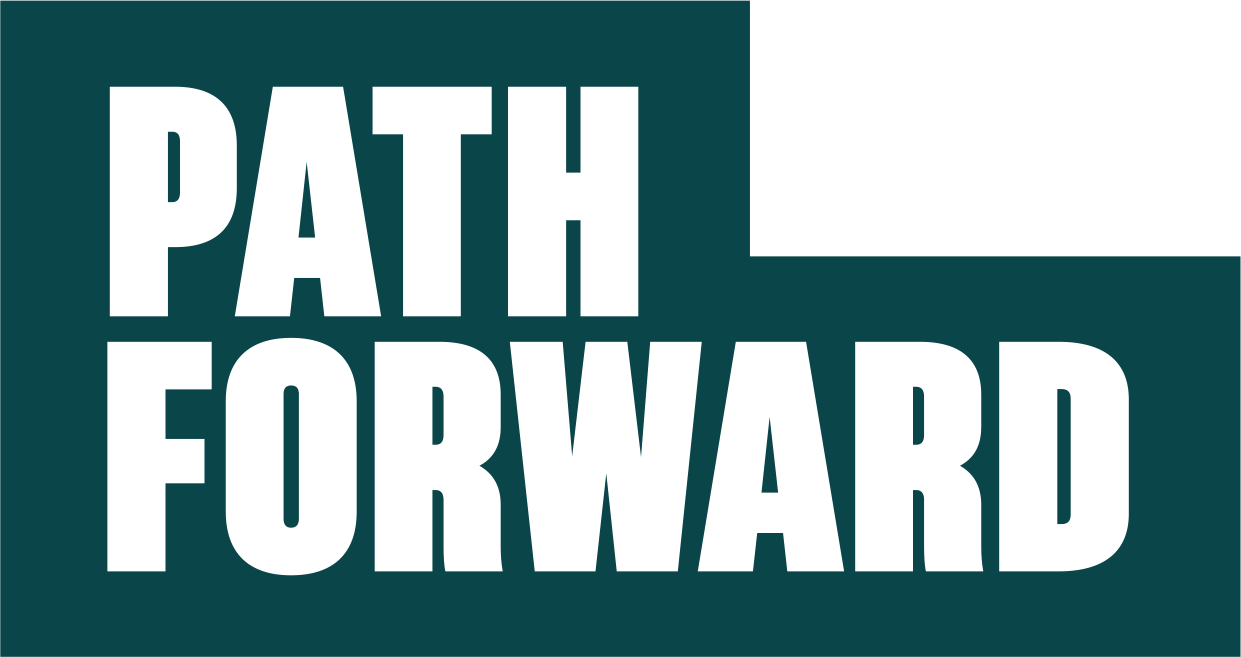When we use better words, we do better thinking
I find that I’m more and more willing to challenge people on the choice of language they use to communicate their points of view, emotions, and frustrations. I’m also learning that “noticing out loud” when I hear the unproductive language being used is something that requires courage on my part – but that it often results in a significant breakthrough for the individual whose language isn’t serving them well.
In one of our recent leadership workshops, one of the learners, an intelligent, committed, and highly effective mid-level manager, was using language that clearly reflected his frustrations with some of what was going on. Violent language is not only what comes out of our mouths and what comes from our keystrokes, and it’s important not only for the impact it has on others but also for what it tells us about how we’re processing things in our own brains.
Here are some examples of things I’ve heard over the years.
These aren’t direct quotes, but are some examples of what I’ve heard from violent talkers, along with an alternative way to express one’s thoughts:
“I had to give those idiots a lesson in common sense.” Instead, we might say, “I found it useful to explain my point of view and suggest alternatives.”
“I’ve never seen such a cluster-****.” Instead, we might say, “this is a particularly challenging situation.”
“He just doesn’t get it.” Instead, we might say, “I’m not sure he understands the situation,” or “I’m having difficulty communicating with him.”
“You don’t have a clue what you’re talking about.” Instead, we might say, “I’d like to compare our points of view and see where we’re not understanding one another.”
Now, in each case above, the first statement actually lowers our cognitive ability, and the second statement gets our brain into a calmer, less dramatic problem-solving mindset. People sometimes push back when I ask them to change their language because they think I’m asking them to gloss over tough issues or minimize negatives, or manipulate others through skillful language simply. This isn't the point I'm making. The point is that our brains work best when unencumbered by drama, negative emotions, and harsh reactive judgments.
Because our mind thinks in words, if we use better words, we do better thinking. I was reminded of that this week, and I look forward to working with this learner in the months to unleash the rational problem-solving part of their ample intelligence and make their extensive knowledge and experience more useful to themselves and others.
